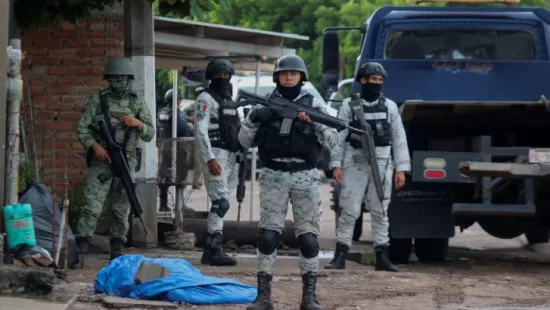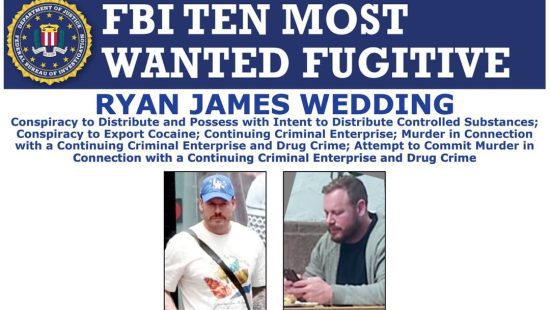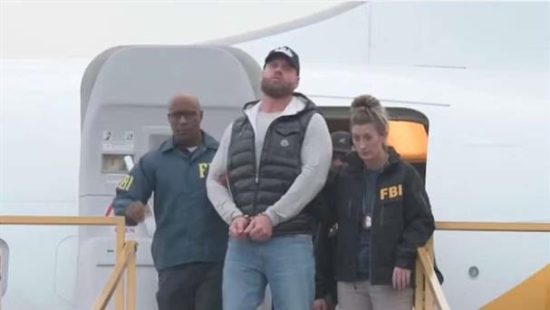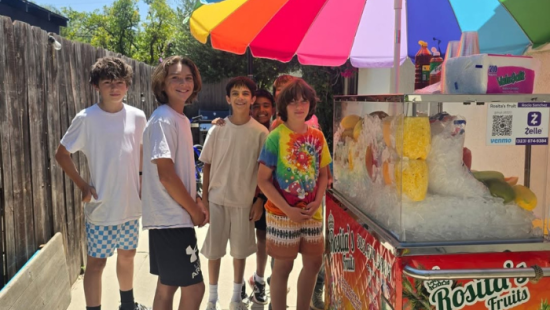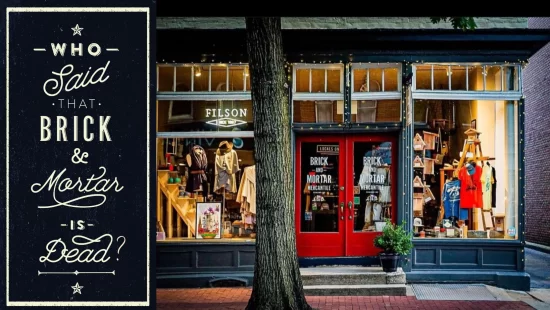Mujeres de Hoy: They cook, sell food, hold raffles, and all of this to raise funds and help the community.
For Mayra Tod, there’s only one solution: to help and get involved in the community’s problems.
Tod, a victim of domestic violence, decided to find a way out of the situation she was living through. But not only that — she decided to organize other women who were going through the same thing, or who were suffering from the aftereffects of violence, so that together they could start new paths in their lives.
“One thing leads to another. My sister was also going through a similar situation and decided to organize a group called Lluvia de Esperanzas (Rain of Hopes). We would help other women, we’d all help each other, and we’d help whoever we could,” says Tod, a Guatemalan woman living in the Valley.
Years later, she decided to transform that organization into Mujeres de Hoy (Women of Today), which not only helps victims of domestic violence but also prepares food for the homeless, organizes Thanksgiving dinners for those without family to share with, repatriates the bodies of immigrants, and assists people who come to them with other problems.
“We’re all exposed to what’s happening with this Trump Pandemic, as I call it. There’s so much need, and people need organizations that will lend a helping hand. The politicians? They’re not going to show up — they only do when there are elections and they want something from us. When there aren’t elections, you can’t find them anywhere,” says Tod, who leads this group of around twenty women throughout Los Angeles County.
“I call it the Trump Pandemic, and it’s leaving very deep wounds in our community. During the pandemic, at least the community was asking for help; people went out into the streets, and believe it or not, some even rejected food from food banks because they didn’t like it.”
Tod was very active during the pandemic period. “There was so much to do,” she says. “During those years, cases of domestic violence went up, and children’s mental health deteriorated. The work was very hard,” she adds.
But Tod believes that what the community is experiencing now is worse than the pandemic.
“Yes, I call it the Trump Pandemic, and it’s leaving very deep wounds in our community. During the pandemic, at least the community was asking for help; people went out into the streets, and believe it or not, some even rejected food from food banks because they didn’t like it. I would walk by trash cans and see cans, fresh food, and other products thrown away. People discarded them. Today, if you go by the trash cans on the streets, you don’t see any food — people aren’t wasting anything; they’re spotless. I’ve seen it myself. Right now, food is sacred,” says Tod.
According to her, the problem is worsening because of fear of immigration raids. People are afraid to go into a store and not come out. They avoid food distribution centers for fear of encountering immigration agents.
“Right now, many people aren’t getting their money, there’s no freedom, they can’t walk the streets,” she adds.
Parriva reported yesterday on the problems food distribution centers are facing and their urgent need for more donations. At NELA Food Distribution, the number of families they help has doubled in just a few weeks, and they’ve had to create a waiting list for other families seeking help.
A group of Latinas tour Los Angeles County. They’re like angels, listening and finding ways to help the community with the problems they face.
Terry Cortez, “El Terrible,” the top Spanish-language radio host in Los Angeles, reports the same problems. He organizes a Despensatón (food drive) every month, donating food to countless families. He also runs campaigns for those in need and even contributes personally to various efforts.
“Terry always supports us — many times he doesn’t even want people to know about it; he has a big heart,” says Mayra.
According to this activist, beyond food, another major problem is medical care. People are afraid to go out and go to hospitals; everything is being done remotely, and people’s needs often aren’t being met.
Tod is very frustrated with many community organizations.
“I’m talking about CHIRLA, for example. Families call me asking for help for detained relatives, but they can’t find anyone to lend a hand. I’ve contacted CHIRLA, and Angélica Salas tells me to have them call the offices, but… no one ever answers. Nobody picks up the phone. It’s sad because they say they’re organizations that help immigrants, but it seems like they only do it for public events,” she adds.
Everyone disappears, she says.
“The only one I always saw out on the streets, alongside the community, was Kevin de León — but, well, you saw what happened; he made his mistakes. But now, I don’t know if it’s worse — there’s no one on our side,” she concludes.

